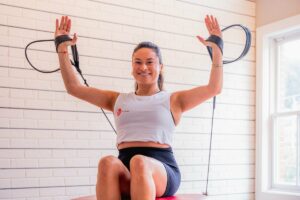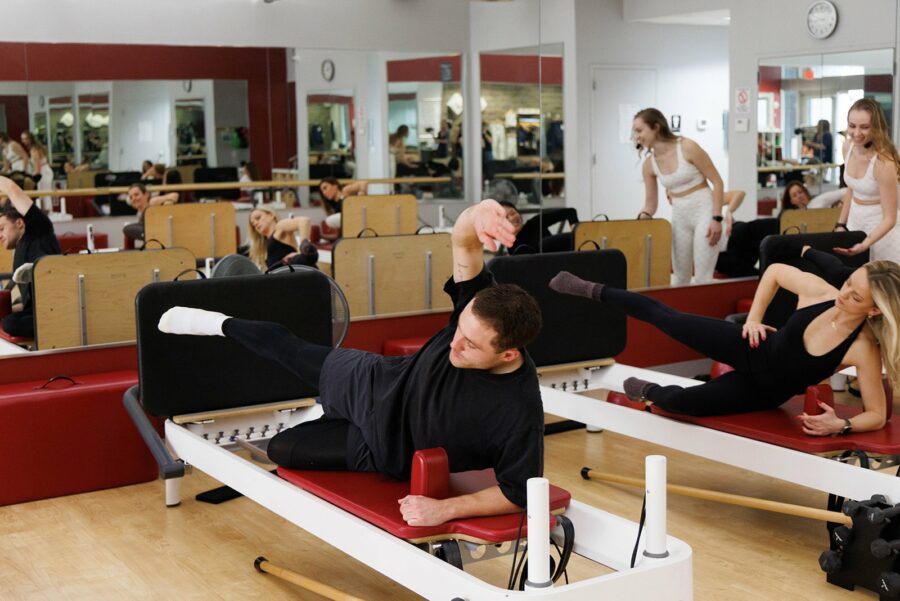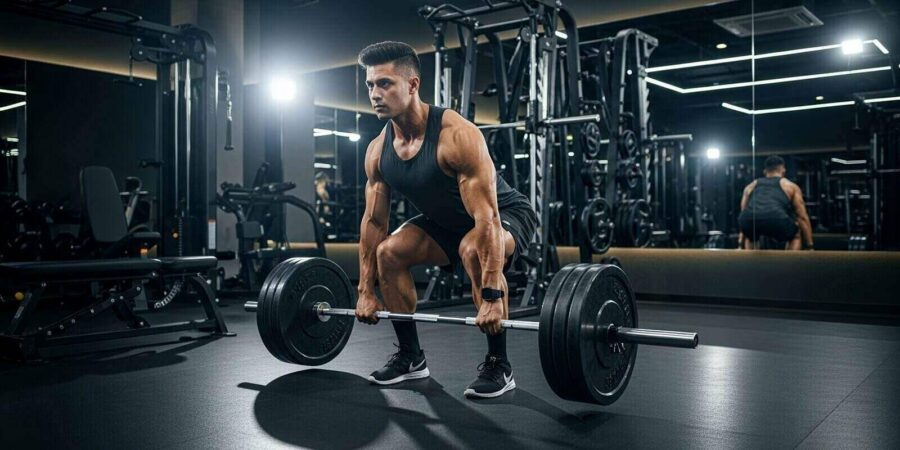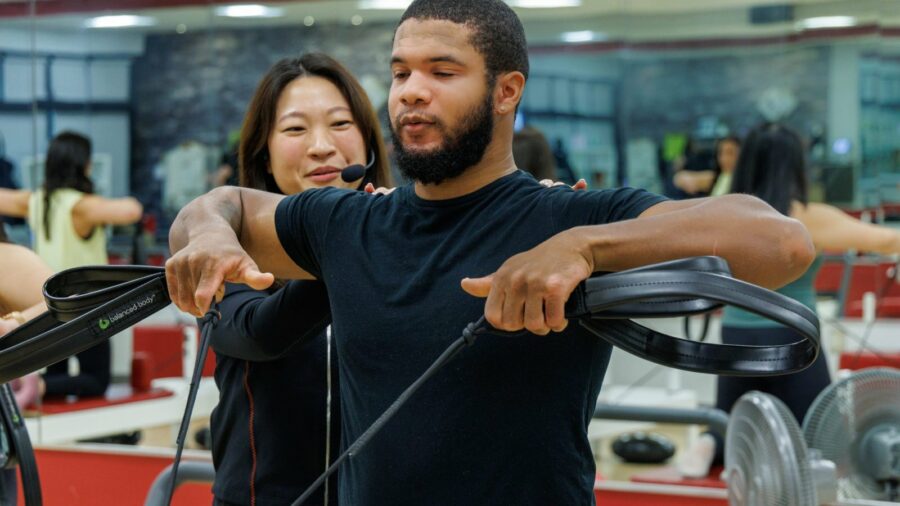 Pregnancy can be a time of significant changes to a woman’s body, and adding exercise to the mix might seem to be a tall order. Additionally, it is reasonable for a woman to wonder whether exercises such as Reformer Pilates classes might pose a problem during pregnancy. Could it hurt the baby or mother or cause other side effects? Is it even worth the effort when someone is already more tired and less flexible than normal?
Pregnancy can be a time of significant changes to a woman’s body, and adding exercise to the mix might seem to be a tall order. Additionally, it is reasonable for a woman to wonder whether exercises such as Reformer Pilates classes might pose a problem during pregnancy. Could it hurt the baby or mother or cause other side effects? Is it even worth the effort when someone is already more tired and less flexible than normal?
Knowing how exercise interacts with pregnancy is the first step in making a smart choice for your body. Reformer Pilates classes are so appealing to women during pregnancy due to their low-impact movements and community-oriented nature.
Let’s discuss what a woman needs to know.
Is Pilates Safe for Pregnancy?
The short answer is yes; Pilates is safe during pregnancy when practiced correctly. Any exercise can pose a danger when performed incorrectly. Still, Pilates is especially gentle and accessible during this sensitive time in a woman’s life.
Reformer Pilates is even more approachable during pregnancy than many exercises on a mat, thanks to the use of straps and other tools, such as the foot bar. These provide options for the woman to hold on and maintain balance, which can be more challenging as that baby bump grows.
As pregnancy progresses, certain exercises become less beneficial due to their potential impact on the pelvic floor. However, it is simple to replace these movements with others that are more conducive to the pregnant body without compromising the quality of the workout.
Why Do Pilates During Pregnancy?
There are many reasons why regular Reformer Pilates benefits a woman during pregnancy. Any exercise is beneficial, and staying active offers the same advantages regardless of whether a woman is pregnant, including improved cardiovascular health, enhanced mental well-being, and increased overall health.
 Staying active helps to manage the baby’s weight, which can reduce birth complications. It improves blood circulation, allowing the baby access to essential vitamins and nutrients from their mother. It also strengthens the mother’s pelvic floor, assisting with supporting the baby and, eventually, a successful delivery (or a pelvic floor that recovers faster from a C-section).
Staying active helps to manage the baby’s weight, which can reduce birth complications. It improves blood circulation, allowing the baby access to essential vitamins and nutrients from their mother. It also strengthens the mother’s pelvic floor, assisting with supporting the baby and, eventually, a successful delivery (or a pelvic floor that recovers faster from a C-section).
Women also commonly struggle with pregnancy side effects that Reformer Pilates can help with. Because it is low-impact, it allows women to get a good workout without excess strain. This can lead to improved sleep and reduced stress. It may also lower blood pressure, which can eventually make labor easier.
Tips for Making the Most of Pilates While Pregnant
Most Pilates exercises are easily incorporated into a woman’s routine with no issue. However, some smart choices can make exercise even more enjoyable:
- Do not lie down – Stick to exercises that do not require lying on the back (or use support underneath the spine).
- Take it slow – Pilates focuses more on the quality of the movements than their intensity or speed.
- Stay straight – Avoid crunch-like movements, which may strain the abdominal muscles due to the fetus’ presence.
- Listen to your body – Dizziness, headaches, and other symptoms can signal that a short break is in order.
- Recover – Especially early on in pregnancy, fatigue may be common, and the body could use some extra time to rest between workouts.
- Ask the instructor – When certain exercises become unsuitable for your changing body, do not hesitate to ask the instructor for good replacement options.
Every woman is individual, as is her pregnancy journey. The good news is that Reformer Pilates is highly customizable to suit anyone regardless of their level of ability. The springs on the reformer can be adjusted to increase intensity or provide support for participants during their movements.
The Pilates instructor will adjust these springs to suit the people participating. Focus on deep breathing and good form to get the most out of Pilates while pregnant!
Try Reformer Pilates at Any Life Stage
 Reformer Pilates is an effective option for staying active during pregnancy without compromising the health of the growing baby. It is also safe for the mother and may even improve her outcomes during labor (or C-section) and while in recovery. Pregnancy is a challenging time, but Pilates can help ease some of the symptoms and reduce the risk of exercise-induced injury.
Reformer Pilates is an effective option for staying active during pregnancy without compromising the health of the growing baby. It is also safe for the mother and may even improve her outcomes during labor (or C-section) and while in recovery. Pregnancy is a challenging time, but Pilates can help ease some of the symptoms and reduce the risk of exercise-induced injury.
If you are considering Pilates during pregnancy, ask your doctor if it could be a good fit for you. The instructors at RTR Pilates can help you make the most of your workouts while staying safe. Contact RTR Pilates today to sign up for a beginner class and see why so many women continue their Pilates routines all the way up until their due dates!



